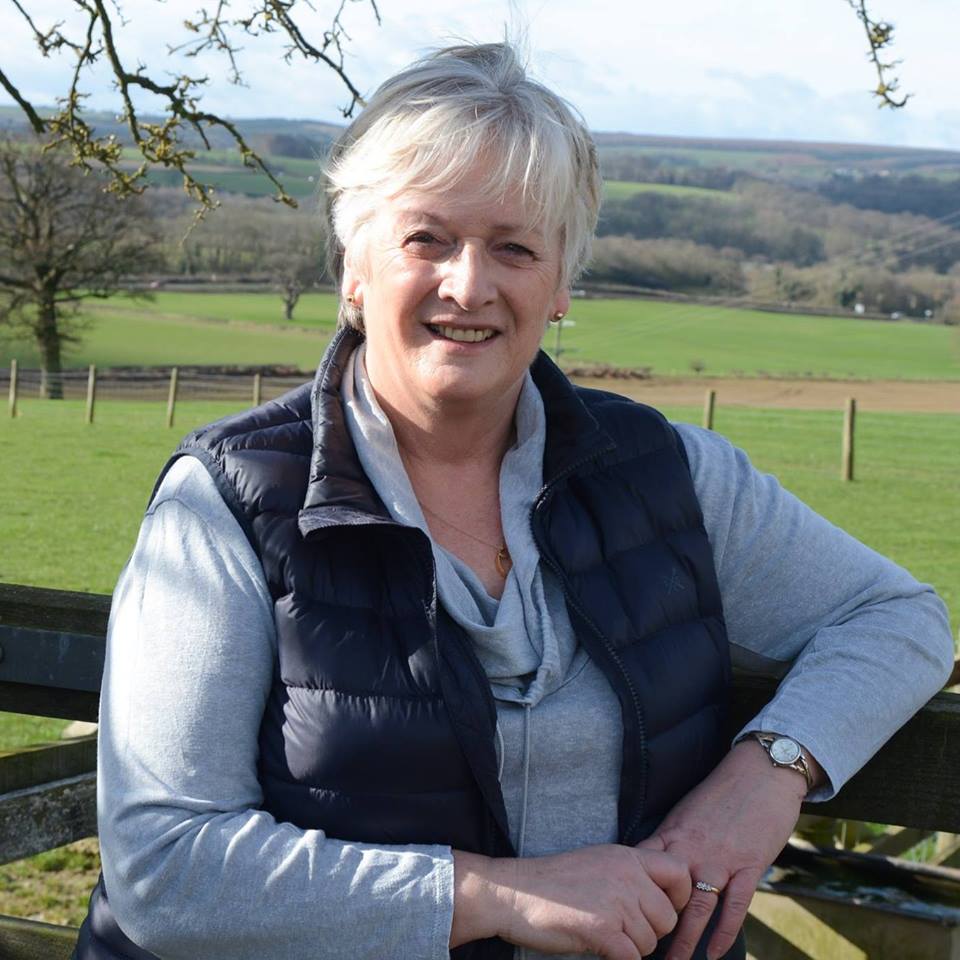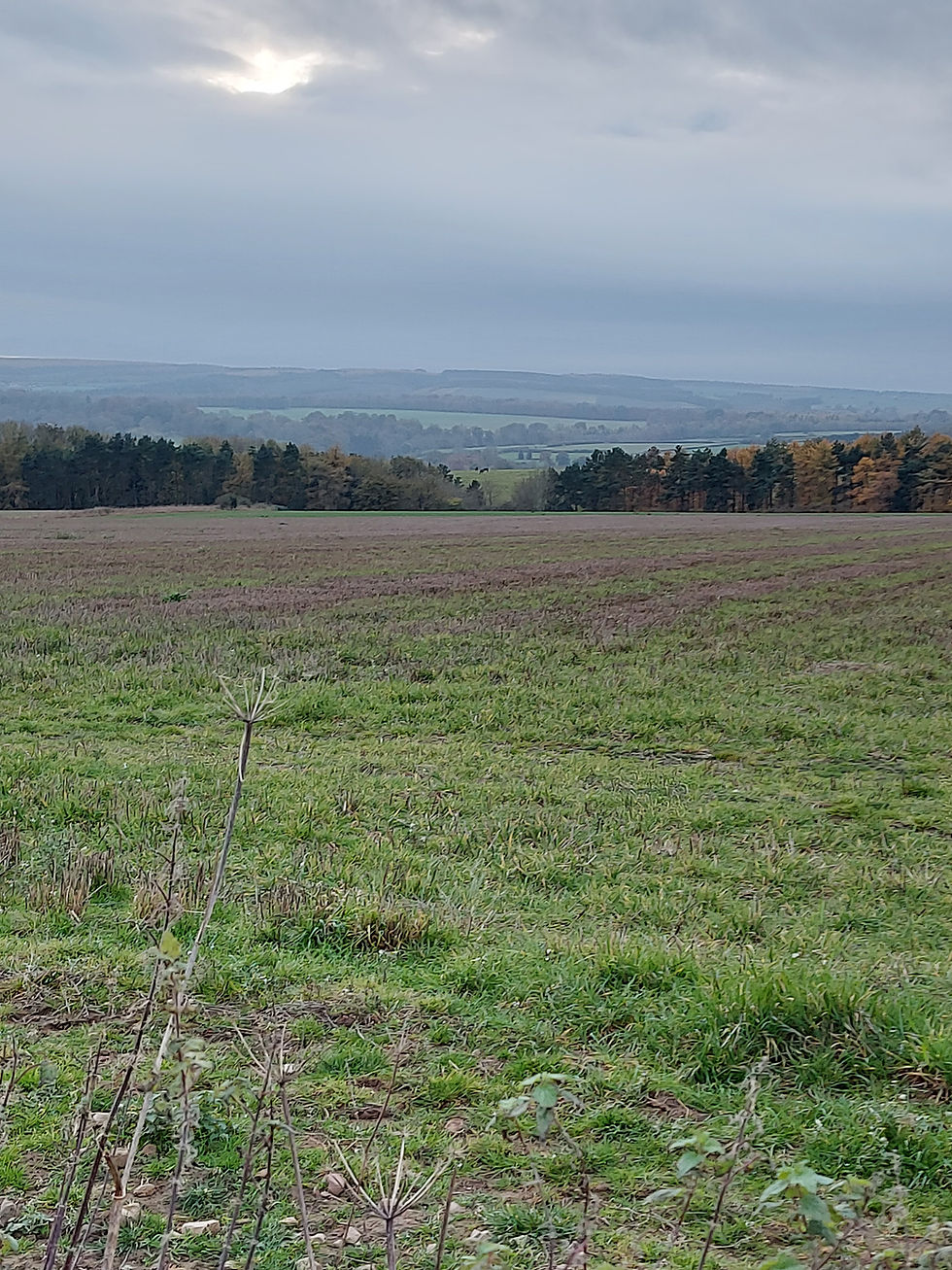HOW WELL DO YOU KNOW YOUR OWN BUSINESS?
- Christine Thompson

- Feb 7, 2022
- 3 min read
Updated: Feb 15, 2022
The changes currently happening within the agricultural industry are amongst the largest for almost 60 years and farming incomes will be affected. As there is still more detailed information to be released regarding the new schemes included within the Agricultural Transition Plan that will replace the current Basic Payment Scheme, our first job is to ensure that we know exactly where our current farming business stands financially so that we can hit the ground running when more information becomes available. We may have to go way back to the basics of your financial recording, for example: can you, within 2 minutes, ascertain:
· How much you owe creditors
· How much your debtors owe
· Your “true” bank balance
· The gross margin on at least one farm enterprise
· The overall profitability of your business
If not, why not?
As the farming industry is quite unique in that we normally reclaim VAT, our financial recording routine probably stems from the need to reclaim these monies in order to keep the cash flowing through the bank.
TIP 1: Ensure the person preparing your farm accounts is receiving the relevant training
Who undertakes the financial recording on your farm? It is often another member of the family however it is rare that this person has been given any official training let alone regular training updates.
That person is likely to be either working it out as they go along or simply trying to copy what has been done previously. This can easily lead to errors in the data records or at very least missed opportunities to ensuring you are gaining as much information as possible from your farm accounting software.
This problem can be compounded, if the person is not from a farming background and probably hasn’t a full knowledge of the technical jargon or farm accounting “quirks”. Many online free training options won’t include information specific to farm accounting and this can lead to confusion, as the accounting practices required for agricultural settings are often very different from conventional non-agricultural practices.
So, when was the last time the person in charge of your farm recordings had some proper farm account specific training?
TIP 2: Ensure that person fully understands the terminology used by the accountant
Can you be sure that all people involved in the recording and decision-making processes fully understand the accountant’s description of the accounts? How in depth is that conversation?
Familiarising yourself with both agricultural and accounting terminology and the components of say the Profit & Loss and Balance Sheet will make conversations with your accountant so much easier and they will realise that you are literally meaning business.
Again, these subjects are covered by long term and expensive courses but you, as a business owner, can easily update your knowledge to achieve fully understanding of your accounts.
TIP 3: Discover the full capabilities of both your hardware and software
How old is the device used to prepare your financial records? As a (Yorkshire) farmer myself, I am well qualified to say that as long as a piece of equipment is working, we don’t tend to update just for the sake of it!! However, in computer terms, a piece of equipment is seen to be outdated at 5 years and we have recently seen support removed from the actual working systems of those old clunky machines. The reason your device may be working slowly could well be down to its age rather than broadband speed so update on a regular basis – hardware replacement doesn’t have to be expensive nowadays.
Very often we are tempted to turn down training and support offered by the software firms just because it is seen as an additional cost. However, that initial training can lead to more expense if the system either isn’t set up correctly or in such a way that you will easily be able to extract management information. Would you buy a new tractor without some form of demonstration and/or guidance?? As with all things in life, remember that the cheapest often isn’t always the best.
Do you know what software version you are currently running and whether or not more advanced options are available?
Perhaps you have already encountered difficulties in receiving support?
Are you aware that there are a number of bespoke farm accounting packages available in addition to the generic systems advertised on the television?
As with any other piece of farm equipment, follow up service is as important as the purchase process itself so do your homework on software in as much depth as the other farm equipment.
Contact Christine – info@agribtraining.co.uk - to discuss how ABT can help you!



Comments